Search
Remove Ads
Advertisement
Summary 
Loading AI-generated summary based on World History Encyclopedia articles ...
Search Results

Definition
Peloponnese
The Peloponnese is a large peninsula linked to the northern territory of Greece by the Isthmus of Corinth. To the west of the Peloponnese is the Ionian sea while to the east is the Aegean Sea. The terrain is typified by high limestone mountains...

Video
Peloponnese, Greece: The Sanctuary of Olympia
For over a thousand years, the Sanctuary of Olympia was primarily a religious place and only open to people during the Olympic games, started here in 776 B.C. These games were held to honor the gods and to unify the Greeks, and the Sanctuary...
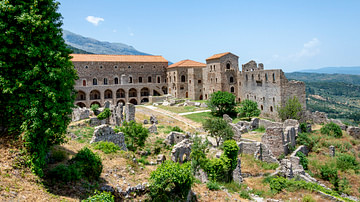
Definition
Despotate of the Morea
The Despotate of the Morea was a semi-autonomous appanage of the later Byzantine Empire. The Byzantines retook part of the Peloponnese in Southern Greece in 1262 CE, but the Morea was only officially governed by semi-autonomous despots of...
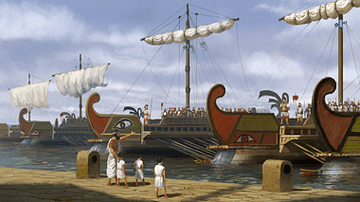
Article
The Delian League, Part 5: The Peace of Nicias, Quadruple Alliance, and Sicilian Expedition (421/0-413/2 BCE)
This text is part of an article series on the Delian League. The fifth phase of the Delian League begins with the Peace of Nicias – a settlement that settled nothing – and ends with the start of the Decelean War (also referred to as the...
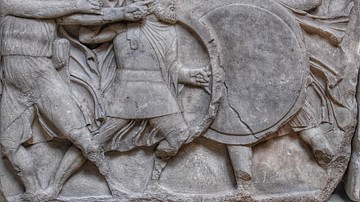
Article
The Grand Strategy of Classical Sparta
In ancient Lacedaemon, as in all enduring political communities, there was a symbiotic relationship between the form of government chosen, the way of life that this form of government fostered, and the grand strategy that the community gradually...
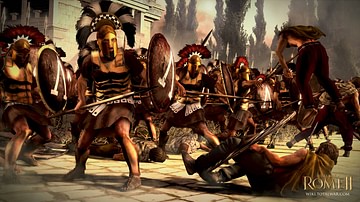
Definition
Sparta
Sparta was one of the most important city-states in ancient Greece and was famous for its military prowess. The professional and well-trained Spartan hoplites with their distinctive red cloaks and long hair were probably the best and most...
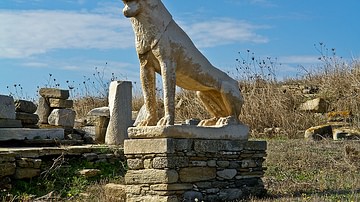
Article
The Delian League, Part 4: The Ten Years War (431/0-421/0 BCE)
This text is part of an article series on the Delian League. The fourth phase of the Delian League encompasses the first part of the Great Peloponnesian War, also referred to as the Ten Years War, sometimes called quite incorrectly The Archidamian...

Definition
Peloponnesian League
The Peloponnesian League (c. 550 BCE - c. 366 BCE) was a loose confederation of Greek city-states led by Sparta. The League was the oldest and longest-lasting political association in the ancient Greek world. For Sparta, the League gave it...
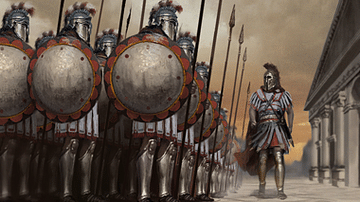
Definition
Brasidas
Brasidas (d. 422 BCE) was an enterprising and successful Spartan general during the early years of the second Peloponnesian War (431-404 BCE) between Athens and Sparta. His successes against the Athenians tilted the balance of the war back...
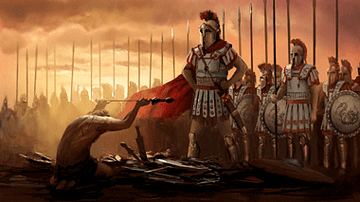
Definition
Epaminondas
Epaminondas (or Epameinondas, c. 420 - 362 BCE) was a Theban general who famously defeated Sparta at the Battle of Leuctra in 371 BCE. The daring and brilliant pre-meditated tactics of Epaminondas earned a decisive victory over Sparta and...